How Thief has changed, for better and for worse
Stolen dreams?
Thief is going to be different. Of course, the series is being rebooted, reimagined after ten years in the shadows, so it's bound to step forward cloaked in a very different mantle, and it's unreasonable not to expect some substantial changes. Nevertheless, pull that hood back and you may not recognise the face that stares back. Thief is going to be different.
The premise remains the same: tread lightly where you should not, footsteps guided by the wavering tip of a long demagnetized moral compass, filling your pockets along the way. With a sackful of specialised tools to aid in evasion and escape, Garrett the thief is a kleptomaniac Batman, flitting through the darkness or dashing across rooftops, occasionally taking pause to mutter in gravelly tones before prising open another window or rooting around in another sock drawer.
The city across which he sneaks is familiar at first, a misaligned mess of overcrowding, too dense and too dirty, but this time it has many more mod cons and is a little more conventional. Replacing the unsettling buzz of strange, pseudo-electric streetlamps are rather more typical lights, while it's not uncommon to see a radiator tucked into a corner or a fan perched upon a desk. Playing through the first two chapters, I was given a sense of a more Victorian atmosphere, but there's still space made for the unnatural, for esoteric cults, for those strange murmurs in the dark.
There's a lot more detail in this new city, a lot more to do and certainly a lot more to touch. The game opens with me stood over a sleeping man in a plush, comfy bedroom, and within moments I'm throwing open cupboards, searching through desks and clearing shelves. I take his cutlery. I take his money. I find myself taking a lot of cheap items of no particular consequence. From another room nearby I take the first of many pairs of scissors that I'll find scattered throughout the opening levels. There are a lot of scissors to find in Thief, hidden in a lot of different places.
Then it's out the bedroom window, onto the roof and I'm sometimes sprinting, almost free-running. With a tap of the X button, Garrett can now make short dashes from shadow to shadow, while the left trigger works as a leap or grab button, launching the thief across gaps, up to handholds or ahead onto dangling ropes. In combination, these make for some rapid escapes or some quick and surprisingly (even generously) silent progress. There's a lot to grab onto, leap over or climb up.
Further tactility comes from painting searching and lock-picking. The first involves grasping the frame of a painting that Garrett knows is suspect and then feeling around it for a tell-tale vibration that will indicate a secret switch. Lock-picking is also a palm-tickler, where rotating both sticks will find you a sweet spot that gives a gentle rumble.
All this makes Thief sound like a game that's absolutely packed with stuff to try and, yes, the levels I played were full of things to open, to rifle through or to leap onto, but this wasn't necessarily very compelling and started to become rather routine. Instead, in spite of all there is to reach out and touch, the overwhelming first impression of Thief is of a game that is narrow, both in layout and in choices. It's almost too good at representing the cramped confines of its city.
The opening was a tutorial, a gradual, linear and didactic introduction to Garrett's talents, but what came next didn't appear that much broader. Subsequent areas felt like corridors and small rooms. Streets were tight and winding, without the possibilities that greater space might present, while the opening interiors were low and cramped. There wasn't a sense of choice, of alternative routes.
"The overwhelming first impression of Thief is of a game that is narrow, both in layout and in choices. It's almost too good at representing the cramped confines of its city."
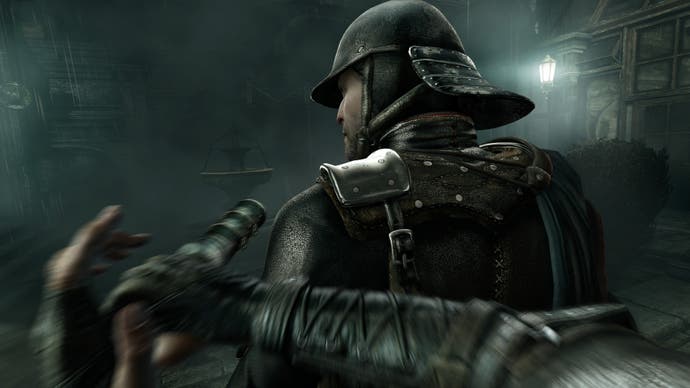
Making my way into a foundry, through what looked like the game's first major location, I wasn't presented with a large building that might offer multiple routes of entry depending on the tools I used, but instead I found myself first navigating through a distinct entrance area, before then moving through different parts of the interior, one after another, in a manner that felt much more guided and, at times, even dictated.
For example, at one point a climb up an outside wall had the camera switch to a third-person view, with the route I needed to take subtly highlighted in blue. It was almost impossible to fall and when I tried avoiding the window entry to which this route lead, instead trying a short drop to the ground to see if I could scuttle up a nearby alleyway, the game immediately told me I was dead. I didn't even get to see how this might have happened.
Perhaps I wasn't supposed to miss the exposition that waits around every other corner. While the previous Thief games always had the occasional overheard conversation or discarded scrap of information, this one certainly doesn't lack dialogue. As well as the occasional in-engine cut-scenes, there are plenty of loquacious guards to listen to and this new incarnation of Garrett isn't exactly lost for words either. Thief likes you to know that things are going on as it takes you from place to place, feeding you fresh plot points.
A more directed Thief game isn't necessarily a worse one, but a less deadly one is out of character and as I tiptoed through all these conversations, peeked into more drawers or stole away more scissors, I rarely felt any sense of peril. While stepping on broken glass turned some heads in my direction, I didn't find myself very troubled by those whose job it was to keep me at bay, even though I was trying the game's medium difficultly level. I was only spotted at my most careless and I found it difficult to make much noise. I was seen and not heard.
There were a few moments of fear. A guard suddenly calling out insults to a colleague made me jump because, surprisingly, it was far harsher than any of their cries of alarm. A fumble while picking a lock momentarily woke another who was asleep, though he immediately went back to dozing. Unfortunately, when the alarm was raised, even a fight was of little consequence.
"It feels faster and fiercer, but also smaller, something that could appeal to more action-oriented players and which isn't likely to sit comfortably with fans of the old series."
When lone guards came at me with arms and anger, it only took a moment to bring them down with a blackjack, hammering them until the camera cut to a third-person view to show me my dramatic finishing move. Multiple guards were much more of a problem, a proper threat, but given that nobody in the next room (or corridor) ever came running in response to any noises made, this wasn't something that warranted much worry. Suddenly, being a stealthy thief wasn't so much of a priority. Let me repeat that this was the game's medium difficulty setting. I wasn't using any of Garrett's new Focus powers either, the optional enhancements (which can be disabled through custom difficulty settings) that improve his vision or enhance his thieving skills.
A greater problem than charging guards was the thumping soundtrack that kicked in whenever the alarm was raised, music a little too loud for someone who is trying to pick up clues from their environment. Gone are the strange buzzes and infrasounds of old, the clack of boots on cobble, the whispers on the wind.
I'm not sure the new Thief is going to be a game about subtlety or one that will need such a careful ear. It feels faster and fiercer, but also smaller, something that could appeal to more action-oriented players and which isn't likely to sit comfortably with fans of the old series. That doesn't mean that it can't succeed on its own merits, but it doesn't give the impression of a game that presents the freedom of its forefathers.
It's a very different creation, but then it's separated from those predecessors by a substantial span of time. What a difference a decade makes.
If some of those changes have you left you a little flummoxed, have a look through our complete guide to the new Thief game.
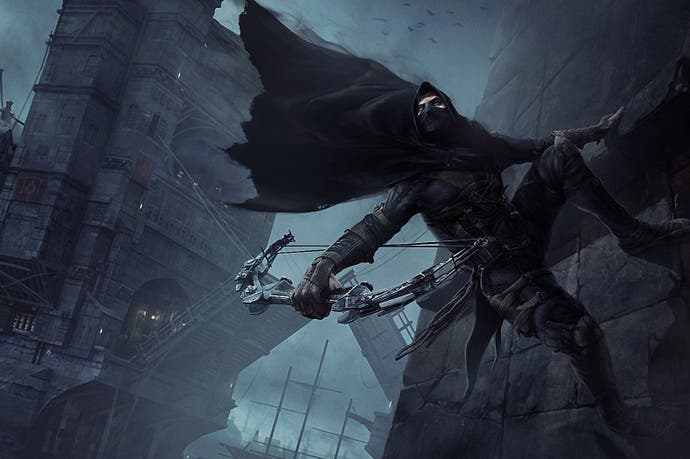


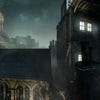



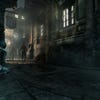
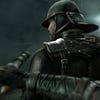
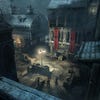
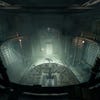
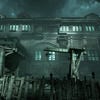
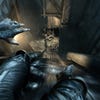
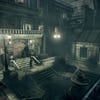
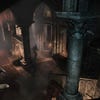
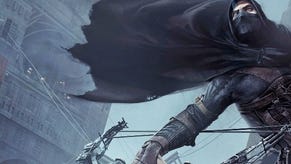

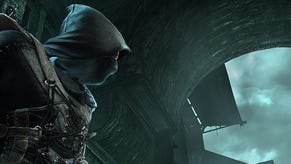
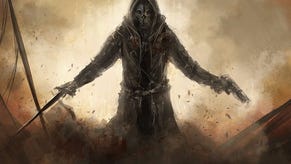
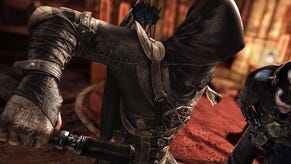
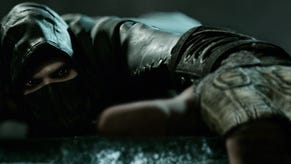
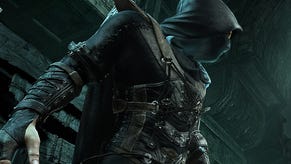
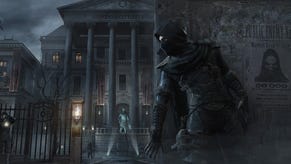



.png?width=291&height=164&fit=crop&quality=80&format=jpg&auto=webp)



